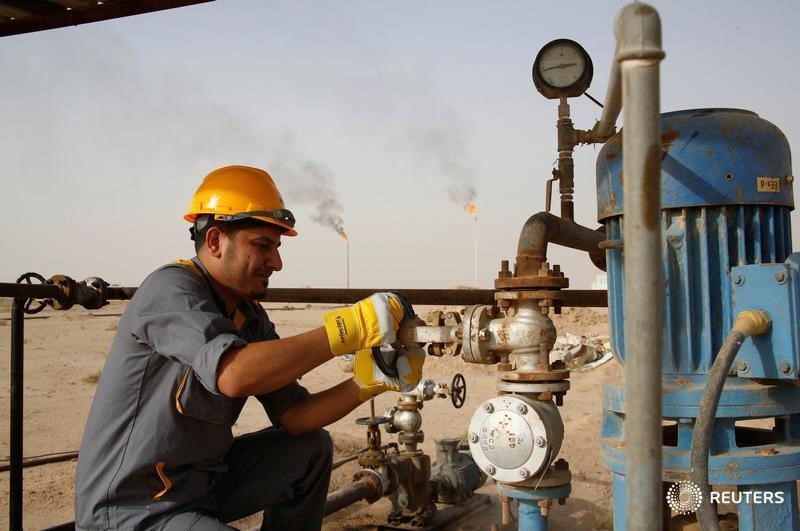(Bloomberg) -- European Union member states are racing to clinch a political agreement within weeks that would impose a price cap on Russian oil.
The push has gained steam since President Vladimir Putin announced a “partial mobilization” of troops in an escalation of Russia’s war in Ukraine and will likely feature as part of a new a package of sanctions to be proposed by the European Commission, according to people familiar with the matter. A cap would align the EU with a US effort to keep the cost of crude from soaring and to hit Moscow’s revenue.
But despite the new effort from the commission, the EU’s executive arm, and some member states, the plan faces many hurdles and a positive outcome is not a given, said the people, who asked not to be identified because the discussions are private. Sanctions decisions require unanimity and are particularly complicated in this situation because each EU member has different energy needs.
Representatives from the member states will meet with the commission over the weekend to discuss the new sanctions, which aside from the oil cap could include additional restrictive measures on individuals and sectors such as technology and luxury goods, said the people.
Group of Seven
Many details still need to be ironed out, including at which price to set the cap, the people said. It also remains unclear how such a cap would be implemented alongside an EU embargo on Russian oil and a ban on the services needed to ship it agreed earlier this year. Either way, there is a degree of urgency as the price cap would need to be adopted before the EU’s measures enter into force on Dec. 5.
The EU’s economy chief Paolo Gentiloni, speaking after the Group of Seven reached a political agreement on the cap earlier this month, said the commission would work to get the support of all the bloc’s nations for the measure.
Representatives of national governments in Brussels will aim to reach a preliminary deal on the price cap ahead of an informal gathering of EU leaders in Prague on Oct. 6, the people said. But one of the biggest question marks will be Hungary, which has often played the spoiler when unanimous decisions are needed in the EU.
Hungarian Prime Minister Viktor Orban launched a campaign at home criticizing any bloc-wide energy sanctions. Hungary delayed adoption of the EU’s sanctions package in June that targeted crude, signing off only after it obtained exemptions that would still allow Budapest to access pipeline oil.
Price Spike
In June, the bloc’s 27 nations spent weeks haggling over the terms of the current oil measures, which include an embargo on Russian seaborne oil and petroleum products, an exemption on pipeline deliveries and a ban on providing services, such as insurance, to Russian oil shipments anywhere in the world. The US has been pushing to loosen those prohibitions over fears that they could lead to a spike in global oil prices.
It remains unclear how effective a price-cap regime would be, particularly since some of Russia’s biggest buyers, including China and India, haven’t agreed to join. US officials have argued that the price cap could work even if many buyers don’t officially join the coalition, since they could still use the system for leverage in contract negotiations with Moscow to negotiate lower prices.
Adoption of the cap would also require member states to put national interests aside in favor of European solidarity.
EU countries that won exemptions for oil received through their pipelines will want to ensure that those remain intact, while nations that import via sea could seek to link the price cap to the currently envisioned full embargo on seaborne deliveries in order to level the playing field, one of the people said. Shipping nations, such as Greece, Cyprus and Malta, could also try to protect their respective industries from the measures, the person added.
©2022 Bloomberg L.P.
